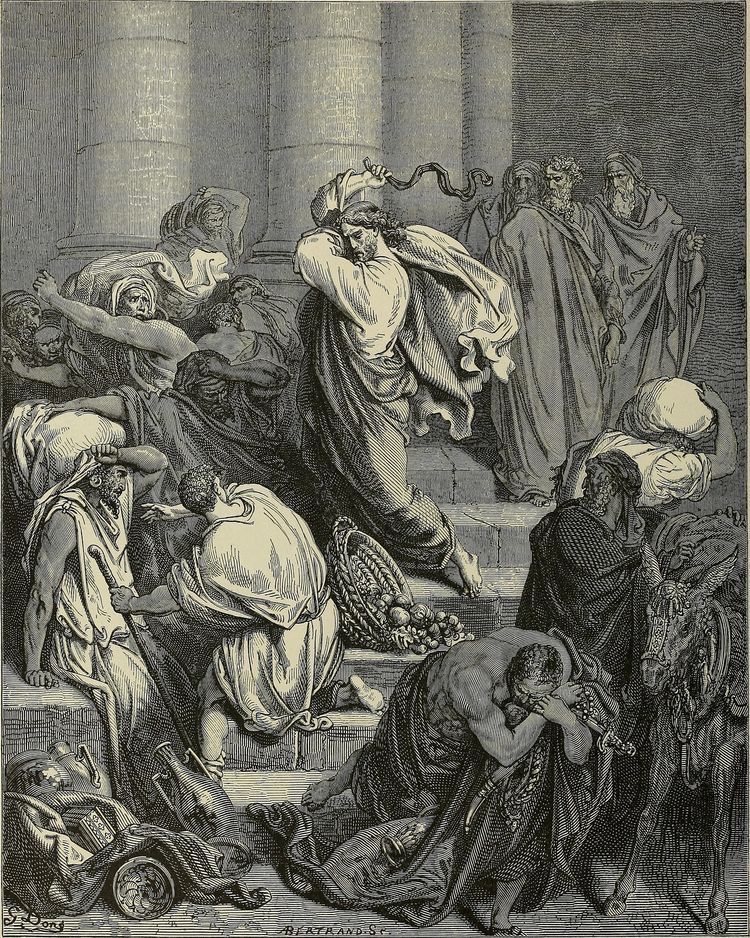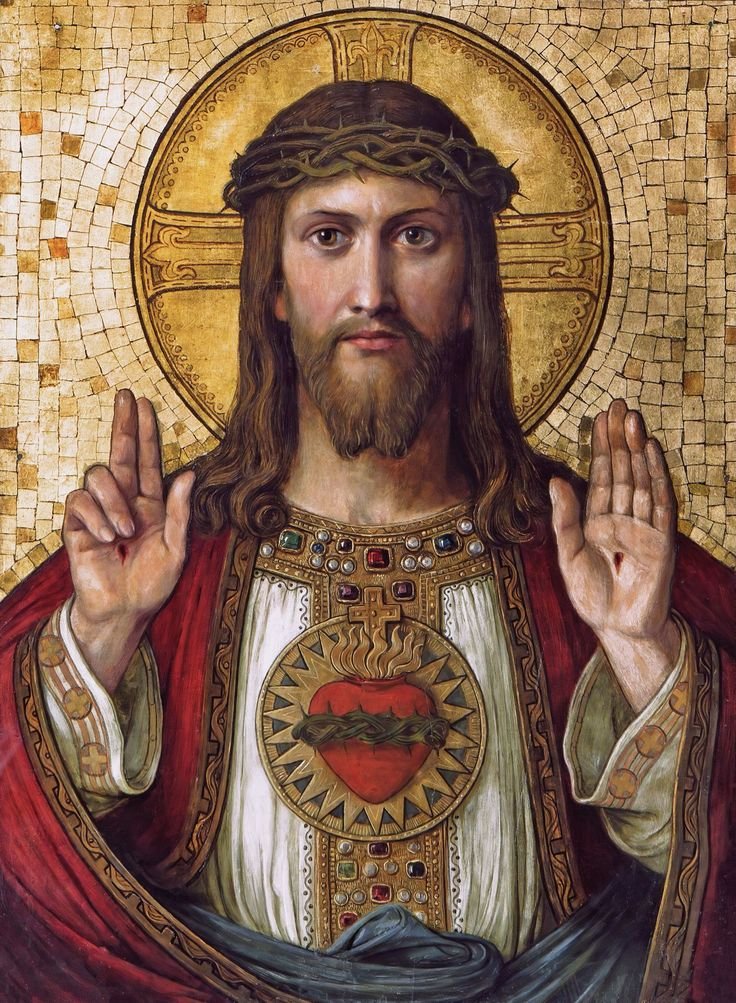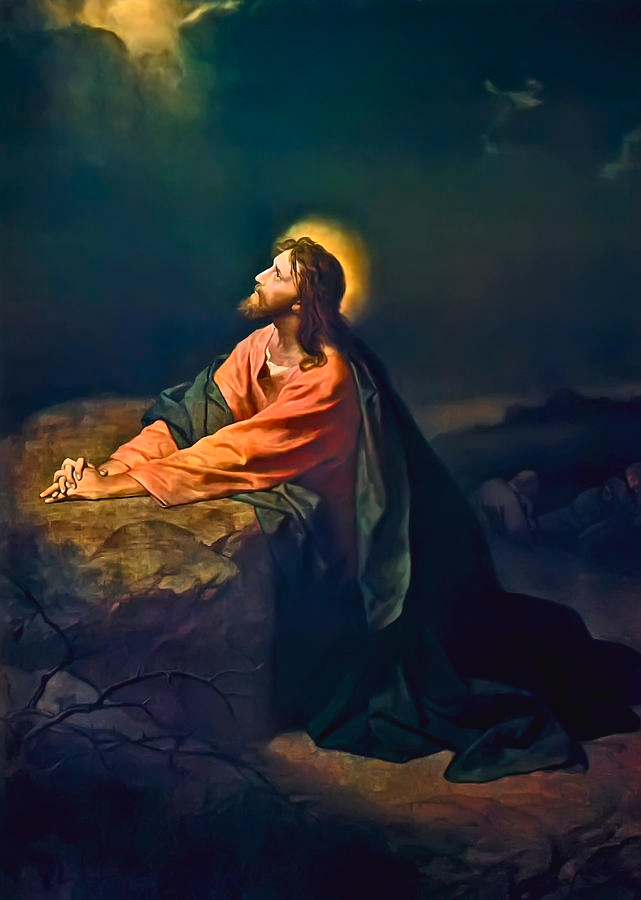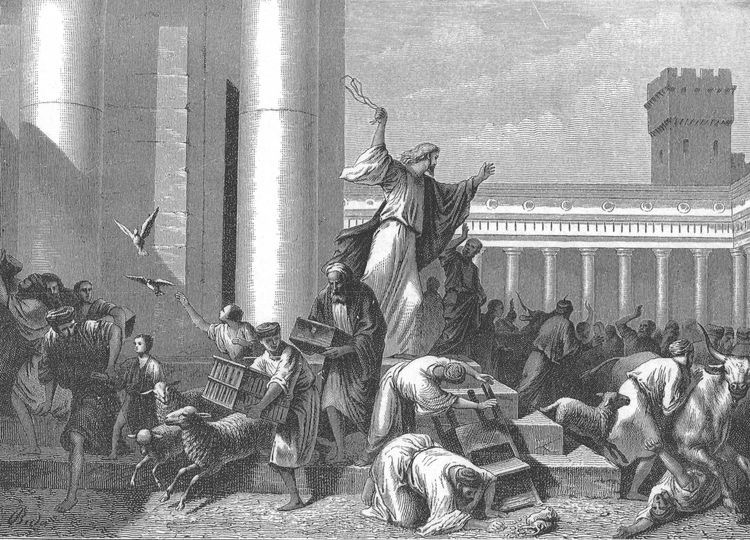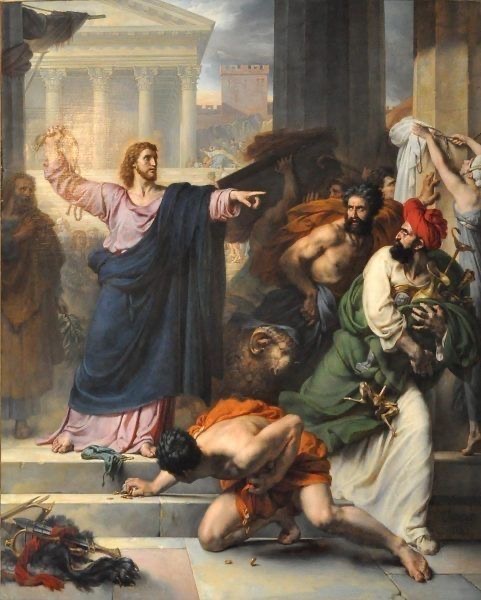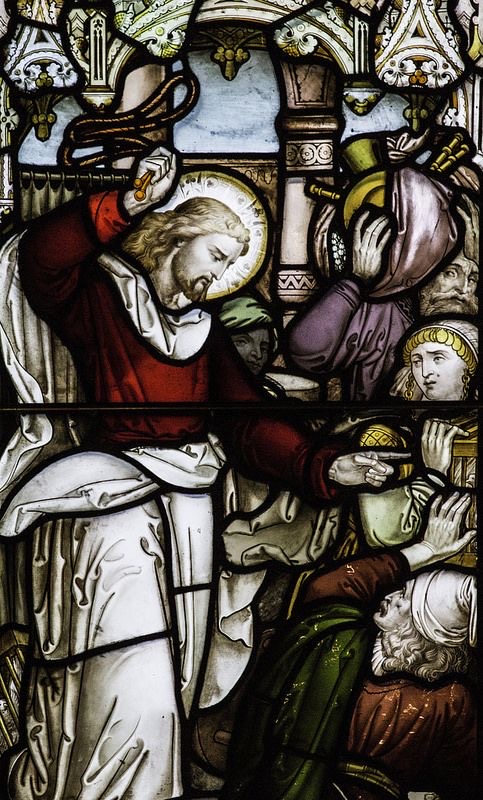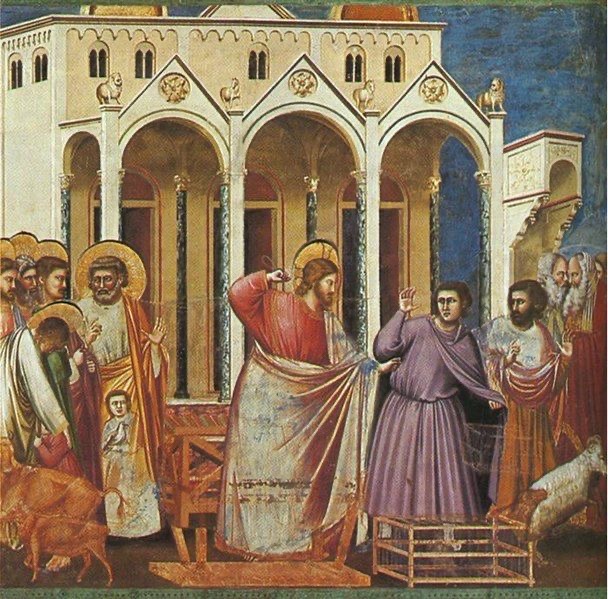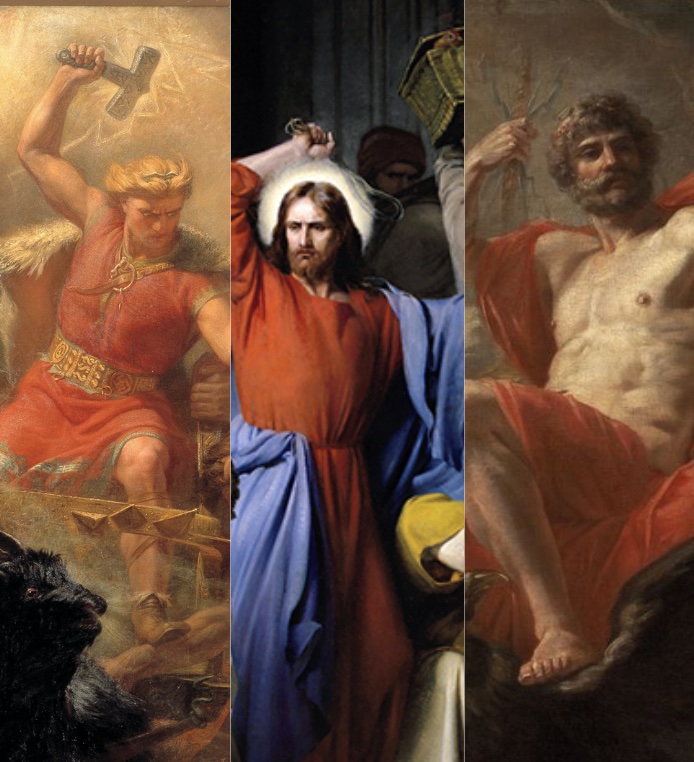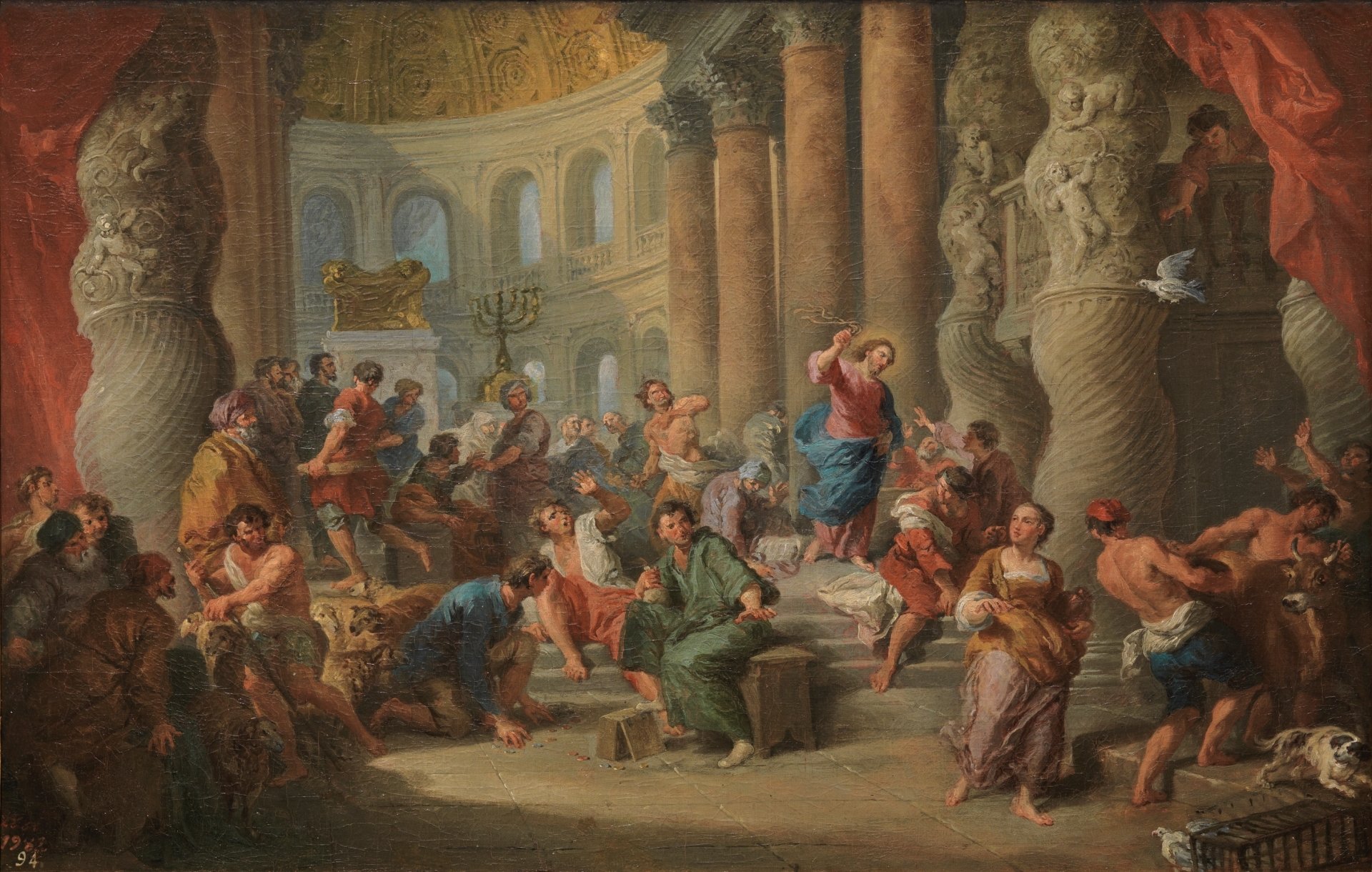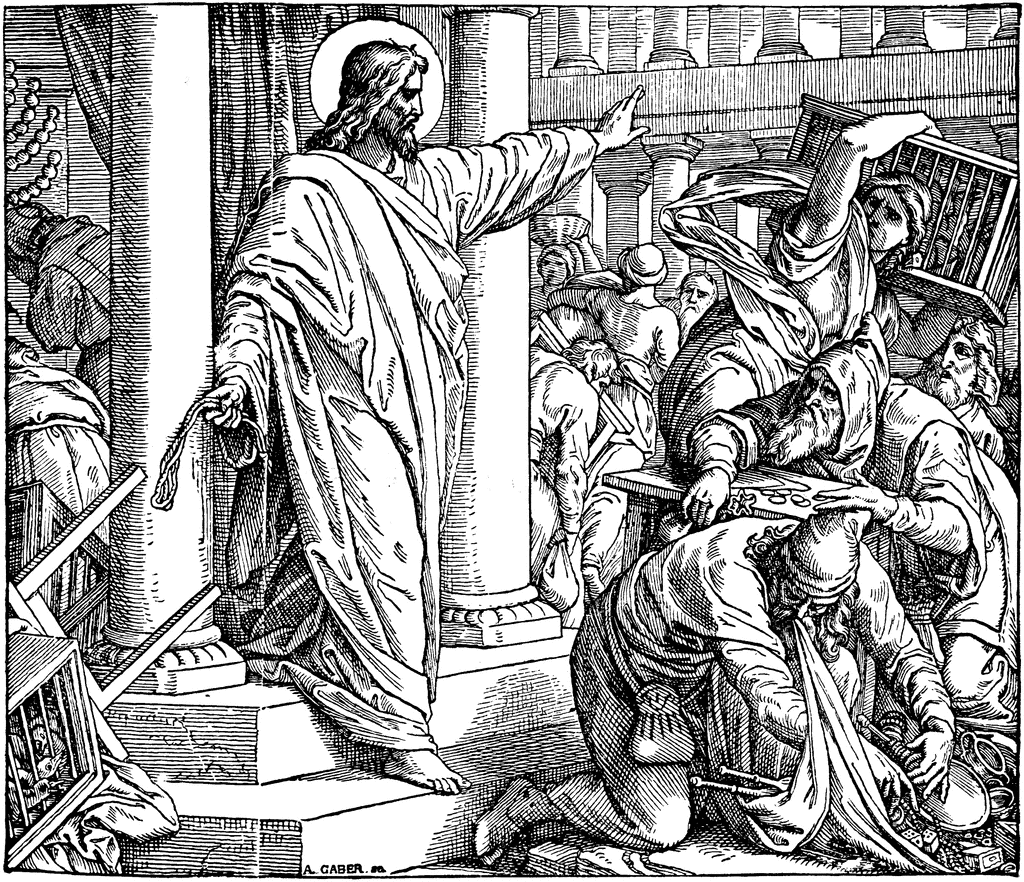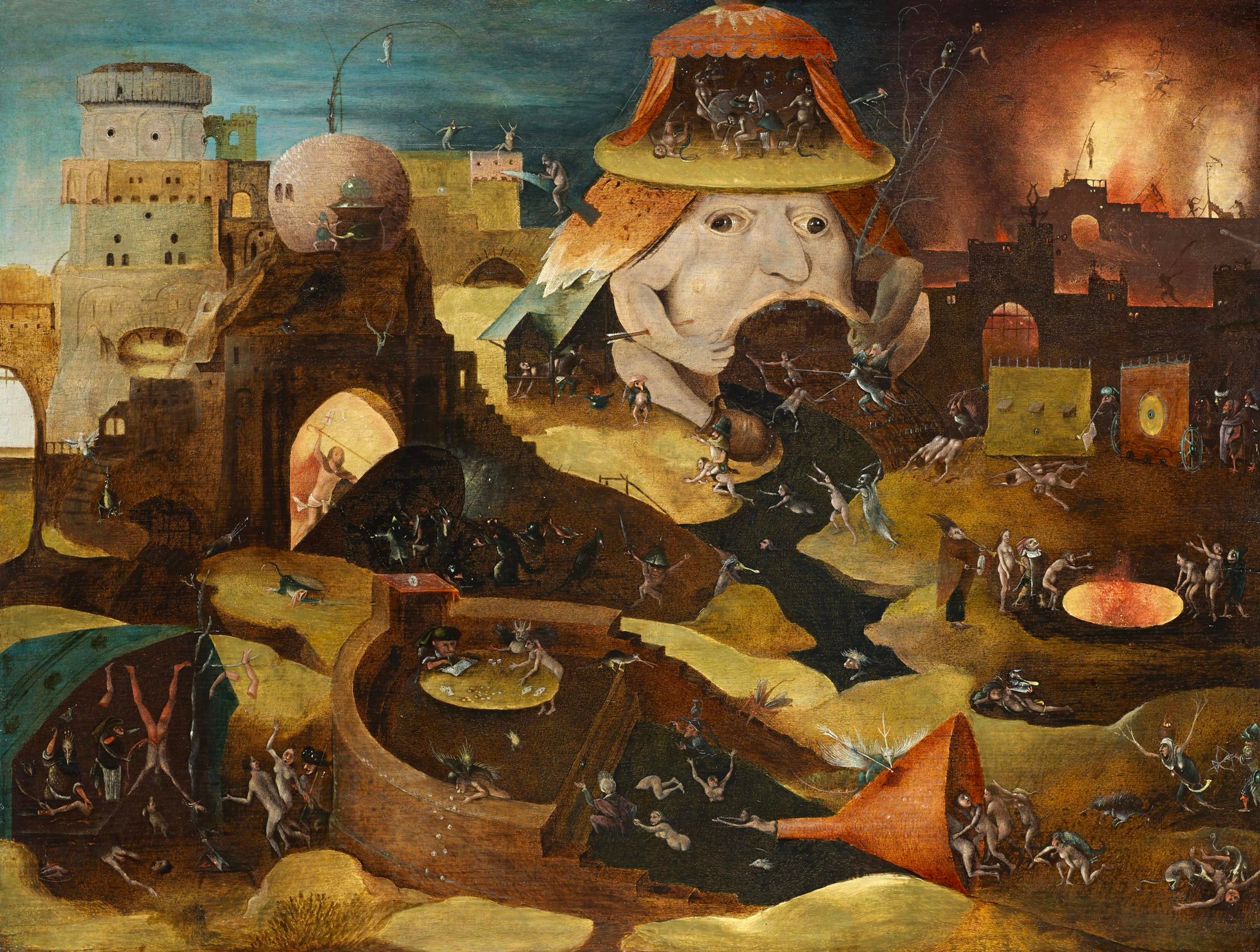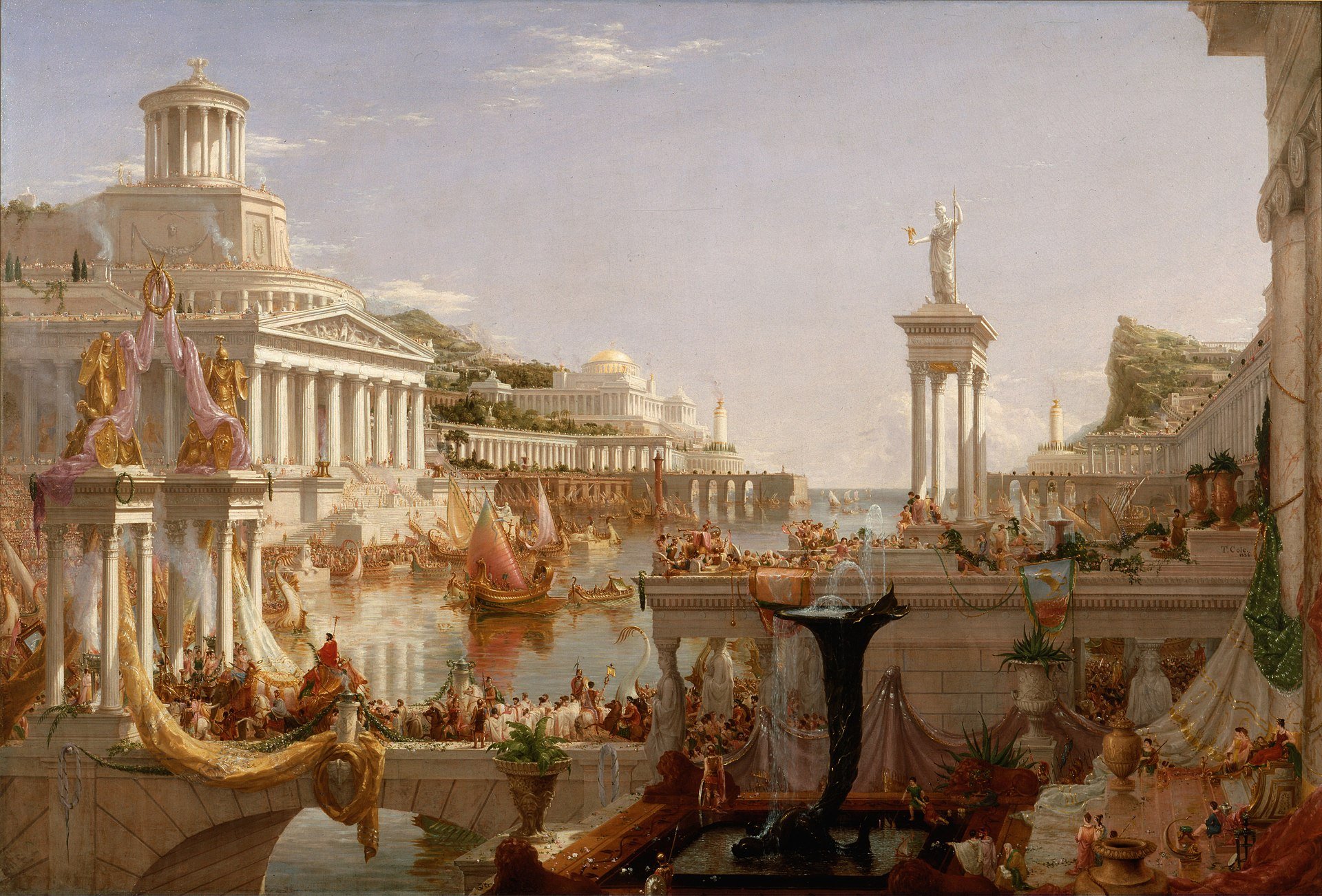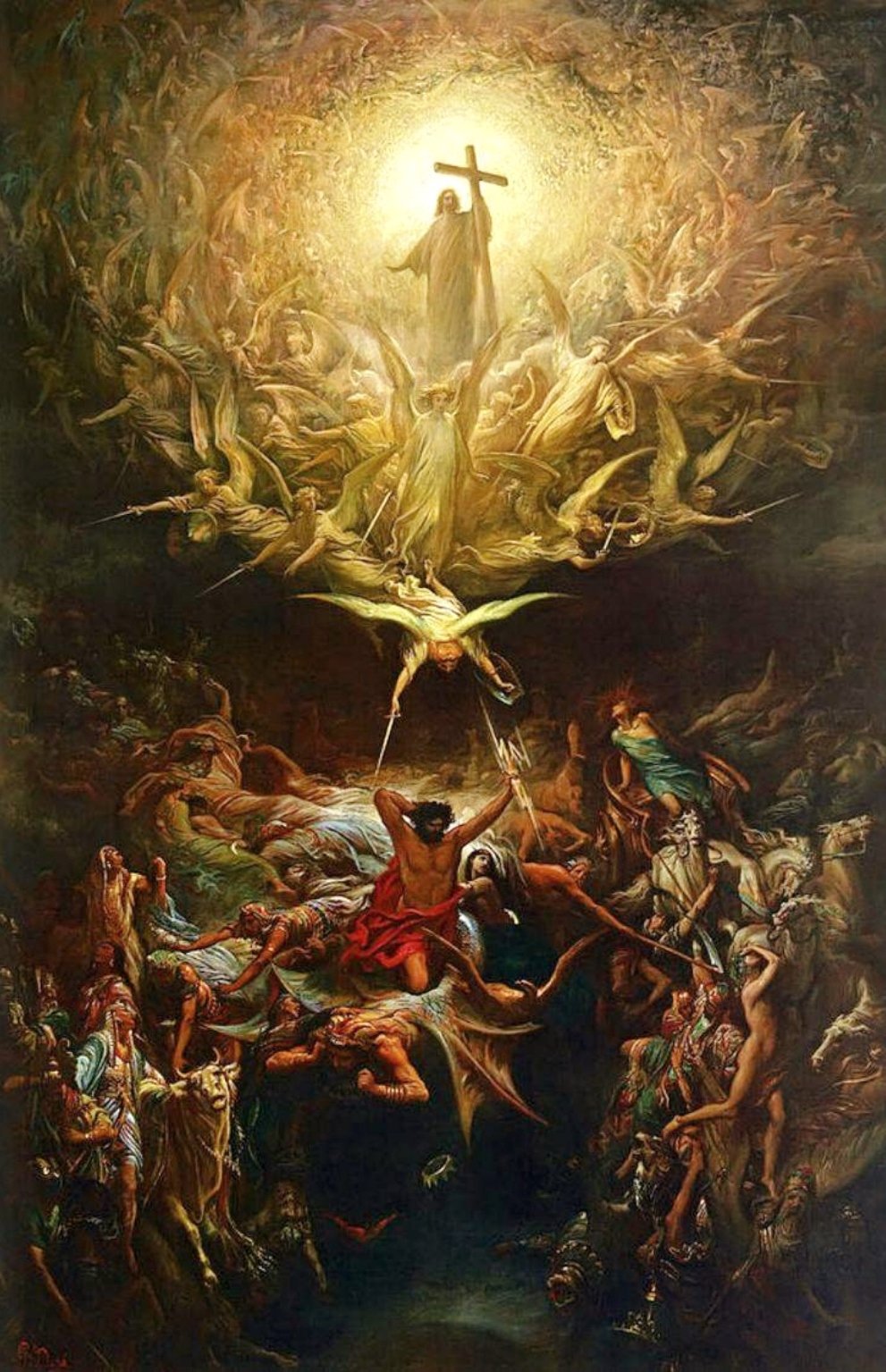Thread by The Sovereign Saxon
- Tweet
- Feb 3, 2023
- #Religion
Thread
If you are like me, most of your perceptions of Christ
Are derived from that which is commonly conferred to us through mainstream Christianity and its iconography.
Which is itself inspired by Christ's exploits
Are derived from that which is commonly conferred to us through mainstream Christianity and its iconography.
Which is itself inspired by Christ's exploits
Stories which usually present to us a Christ who appears as harbinger of peace and serenity.
Indeed this one of the Sage’s primary functions, to come forth as a healer.
The Prince of Peace being mostly associated with this function.
Indeed this one of the Sage’s primary functions, to come forth as a healer.
The Prince of Peace being mostly associated with this function.
“Even the Son of Man did not come to be served, but to serve, and to give his life as a ransom for many” Mark 10:41-45
We must remember however the function of the sage is not singular nor unilateral.
But is faceted by its other balancing function, that is the sage as Warrior
We must remember however the function of the sage is not singular nor unilateral.
But is faceted by its other balancing function, that is the sage as Warrior
The sage is both Warrior and Healer.
The warrior is the ‘”yang” or generative aspect, and the healer is the “yin” or receptive aspect - Action & repose.
It is in the harmonising of these two aspects that one attains perfect leadership.
Of which Christ is a living embodiment.
The warrior is the ‘”yang” or generative aspect, and the healer is the “yin” or receptive aspect - Action & repose.
It is in the harmonising of these two aspects that one attains perfect leadership.
Of which Christ is a living embodiment.
We see Christ as Warrior in his fulness when he cast out the money lenders from his father’s temple.
What was the transgression so severe that it warranted his wrath?
What was the transgression so severe that it warranted his wrath?
The two fundamental reasons for Christ’s rampage is owed to the exploitation of the vulnerable and sacrilege of the sacred.
The money changers who had occupied his father’s temple were exchanging currency for a fee and charging exorbitant prices for sacrificial animals.
The money changers who had occupied his father’s temple were exchanging currency for a fee and charging exorbitant prices for sacrificial animals.
Making it difficult for people who were coming to worship to participate in the offerings and sacrifices.
“Make not my Father's house an house of merchandise.” John 2:16
“Make not my Father's house an house of merchandise.” John 2:16
This desecration of the sacred, fostered and encouraged by the desire for financial gain, had profaned the profound.
They had turned a place of worship and devotion into a place of commerce and greed.
They had turned a place of worship and devotion into a place of commerce and greed.
The audacity of such behaviour so infuriated his lordship that upon his own divine authority
He asserts himself as Master and it is here we learn of one of his lesser known exploits.
He asserts himself as Master and it is here we learn of one of his lesser known exploits.
This is the first time that we see Christ employ force!
Here we see Christ in his most potent form, he comes forth as vindicator of the pious and chastiser of the wicked.
He thunders into the temple, resembling the mythological deities of Thor and Zeus
Here we see Christ in his most potent form, he comes forth as vindicator of the pious and chastiser of the wicked.
He thunders into the temple, resembling the mythological deities of Thor and Zeus
Here we see Christ the King, the Eternal Sovereign, affirm his divine authority.
He fashions a whip of cords, flips tables and casts them out of the temple, expelling the rotting corruption which had seeped into the temple walls.
He fashions a whip of cords, flips tables and casts them out of the temple, expelling the rotting corruption which had seeped into the temple walls.
This a far cry from most his most parroted maxims of “love thy enemy” and “turn the other cheek”which are most commonly associated with Christ’s teachings and proclamations.
Here he is possessed by a very different spirit and demeanour.
Here he is possessed by a very different spirit and demeanour.
One which contrasts the orthodox view of a man with an unassailable sense of inner calm and tranquility.
Just as the money changers in the temple were taking advantage of people's religious beliefs for their own gain
Just as the money changers in the temple were taking advantage of people's religious beliefs for their own gain
Today there are still people who seek to profit from others' beliefs and values.
This goes far deeper than a singular event, but rather it is the morality behind the message which should remain with us.
We have become a society which worships the profane over the profound
This goes far deeper than a singular event, but rather it is the morality behind the message which should remain with us.
We have become a society which worships the profane over the profound
Driven and encouraged by special interest groups who being spurred on by the desire for financial gain
Endeavour to manipulate the minds of individuals into becoming consumers by agitating their cravings and desires
Endeavour to manipulate the minds of individuals into becoming consumers by agitating their cravings and desires
Institutions have been subverted in order to further atomise the individual, the principle and most ancient of these institutions being the family.
The driving force behind these persistent attempts at its deconstruction being the desire for the acquisition of more capital.
The driving force behind these persistent attempts at its deconstruction being the desire for the acquisition of more capital.
The availability and accessibility to pornography, unjust family law courts,
Media which promotes conformist behaviour and perpetuates a narrative which is intended to throughly deracinate the individual from his ancestral roots.
Media which promotes conformist behaviour and perpetuates a narrative which is intended to throughly deracinate the individual from his ancestral roots.
By adopting depraved behaviour and to abide by the inverse of natural order are just some examples of the debasement of family and thus humanity.
Being a clear affront to the very foundation, that is the core tradition, of civilisation.
Being a clear affront to the very foundation, that is the core tradition, of civilisation.
We live in a time where money has mutated into a tool employed by a select few to enslave the multitudes.
This was made possible through the successful subversion and manipulation of money itself,
Which was successfully achieved through methods employed by this small clique
This was made possible through the successful subversion and manipulation of money itself,
Which was successfully achieved through methods employed by this small clique
To extract the resources and life force from productive members of a society — this method, is called taxation.
The etymology of the word ‘taxation’ itself points to a Latin word as its origin, from the word ‘taxare’ which means to ‘to censor, charge’.
The etymology of the word ‘taxation’ itself points to a Latin word as its origin, from the word ‘taxare’ which means to ‘to censor, charge’.
Censorship, which is synonymous with suppression
Then points to the suppression of people by means of forceful imposition of a mandatory tithe or tribute
Whose consequence of non-payment results in prosecution.
Then points to the suppression of people by means of forceful imposition of a mandatory tithe or tribute
Whose consequence of non-payment results in prosecution.
A key component of this extortion which further compounds the gross assault on property rights and life force
Is the debasement of the very currency which the market uses to transact.
Is the debasement of the very currency which the market uses to transact.
This siphons value from productive members by diluting the purchasing power of the money in circulation
Which consequently, over a protracted period of time, slowly corrodes the integrity of the economy, distorts incentives...
Which consequently, over a protracted period of time, slowly corrodes the integrity of the economy, distorts incentives...
And ultimately tears apart the fabric which ties a society together.
We could argue about the morality of taxation but there is no question that monetary policy influences behaviour.
Fair weights and measures are an essential prerequisite for a well functioning society.
We could argue about the morality of taxation but there is no question that monetary policy influences behaviour.
Fair weights and measures are an essential prerequisite for a well functioning society.
How could we ever see anything through to completion if we didn’t have a collective agreement in how much 1km, 1cm, 1ml, etc… meant?
The debasement of money has a catastrophic effects on a society.
The debasement of money has a catastrophic effects on a society.
Dilution not only debases the value of a currency but it also debases the human soul.
If our money keeps losing its purchasing power, then it buys us less and less which means that it takes more time working to secure basic material needs
If our money keeps losing its purchasing power, then it buys us less and less which means that it takes more time working to secure basic material needs
Which means less time doing what we find truly meaningful
It keeps us in survival mode & therefore keeps you in a more animalistic state of being.
This is not solely a historical phenomenon which should be relegated to the pages of history & is confined to the time of Christ.
It keeps us in survival mode & therefore keeps you in a more animalistic state of being.
This is not solely a historical phenomenon which should be relegated to the pages of history & is confined to the time of Christ.
Most of the systemic problems we are confronted with today are a direct result of the inflation of the money supply.
Those who issue the supply of money — which today are central banks and government print more of said money in order to service their debts.
Those who issue the supply of money — which today are central banks and government print more of said money in order to service their debts.
To generate revenues, they can either tax more (unpopular), raise rates (painful) or inflate the currency (stealth).
So they choose the covert option because its consequences cannot be immediately felt, but they burden the society with debt which cannot be repaid
So they choose the covert option because its consequences cannot be immediately felt, but they burden the society with debt which cannot be repaid
Ultimately driving individuals further into debauchery and hedonism out of despair and lack of prosperity enjoyed by predecessors.
The question which we must contemplate and ask ourselves in response to this transgression is:
What and where is our ‘Father’s house’?
The question which we must contemplate and ask ourselves in response to this transgression is:
What and where is our ‘Father’s house’?
We might instinctively identify the temple or the church as the source or anchoring point
Which acts as the primordial “centre of sanctity ” for its adherents in physical form
Allowing us to orient ourselves and align ourselves with the doctrine which emanates from this centre
Which acts as the primordial “centre of sanctity ” for its adherents in physical form
Allowing us to orient ourselves and align ourselves with the doctrine which emanates from this centre
If we look once more to etymology, now of the word ‘Church’ we find that it comes to us from the greek “ekklēsia” meaning “assembly or gathering”.
It is the congregation which makes the church just as much as the church makes the congregation, the unity of subject and object.
It is the congregation which makes the church just as much as the church makes the congregation, the unity of subject and object.
Because it is in their worshipping of this source of sanctity, which is upheld by the belief in the idea itself,
It is their allegiance and devotion to doctrine, it is their discipleship which unites them in kinship.
So what is the belief which we hold sacred?
It is their allegiance and devotion to doctrine, it is their discipleship which unites them in kinship.
So what is the belief which we hold sacred?
And where do we witness transgressions against our primordial principles,
Where does our duty begin and end in regard to its preservation and protection from infiltration?
Each will have to look within to find their own answers.
Where does our duty begin and end in regard to its preservation and protection from infiltration?
Each will have to look within to find their own answers.
As such, we now see Christ in a different light,
As intolerant to the incursions and insults of the money lenders and merchants who had occupied such a holy place.
It gives us a broader view and more thorough insight into the nature Christ
As intolerant to the incursions and insults of the money lenders and merchants who had occupied such a holy place.
It gives us a broader view and more thorough insight into the nature Christ
A view which is often neglected or discounted leaving room for receiving an impression of a Christ who lacks potency and vigour.
Because most of our portrayals of Christ are of him laying prostrate upon the cross
Because most of our portrayals of Christ are of him laying prostrate upon the cross
Which to the un-learned layman he intuitively perceives Christ as victim
And we collectively have no regular conception of Christ as anything other than as redeemer of our sins.
And we collectively have no regular conception of Christ as anything other than as redeemer of our sins.
The story of Jesus casting out the money changers serves to remind us of Christ also as arbitrator, as regent and rectifier
“Think not that I am come to send peace on earth: I came not to send peace, but a sword” — Matthew 10:34
“Think not that I am come to send peace on earth: I came not to send peace, but a sword” — Matthew 10:34
This highlights the importance of speaking out against injustice and making a stand for what is right.
Just as Jesus was willing to take bold and decisive action against those who were exploiting the vulnerable...
Just as Jesus was willing to take bold and decisive action against those who were exploiting the vulnerable...
We too must be willing to speak out and act against those who seek to profit from others' beliefs and values.
Perhaps we should ask ourselves if we have a duty to follow in the example of our Lord?
Perhaps we should ask ourselves if we have a duty to follow in the example of our Lord?
The acts of Christ at least grant us permission to enquire into the validity of employing force in service of the preservation of the sacred
Where does offence begin and defence end?
Where does offence begin and defence end?
Perhaps it is time that we strive to emulate the example set by Jesus, to reach for the lash and expel the wicked once more!
If you enjoyed this thread you will be able to find it on my Substack where have a wide variety of other articles which may be of interest to you.
If you enjoyed this thread you will be able to find it on my Substack where have a wide variety of other articles which may be of interest to you.
